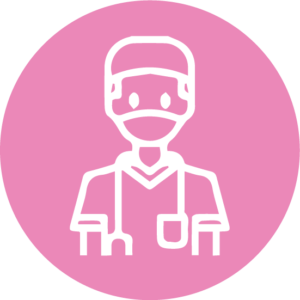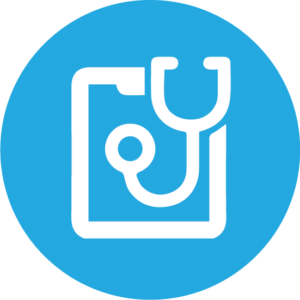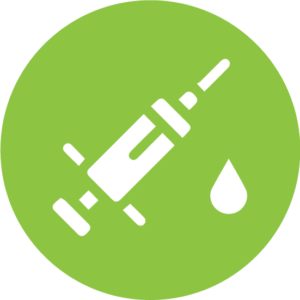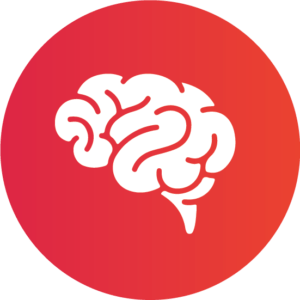

The Treatment Team
Brain cancer care for children is supported by a cancer treatment team, which is made up of incredible doctors and health professionals, they are called a Multidisciplinary Team (MDT).
The MDT are specialists in children’s cancers. Some of the specialists that each bring different skills in managing the care of your child or sibling are: doctors, nurses and pharmacists, social workers and psychologists, dieticians, and other allied health professionals. This team understand the differences between children’s cancer and adult cancer.
A childhood cancer specialist, called a Paediatric Oncologist, leads this amazing team. You may find that other MDT members will depend on the age of your child or sibling and those involved may change over time with individual changing needs.
Introducing the Extraordinary Members of the MDT:
- Paediatric Oncologist – Is the head of the MDT Team and a specialist in childhood cancer.
- Paediatric Neurosurgeon – The specialist in operating on the central nervous system in children.
- Neurologist – A specialist in diseases affecting the nervous system.
- Radiation Oncologists – Specialises in using radiation to treat cancer.
- Radiologist – The specialist in medical imaging (MRI’s, X-Rays, and other scans).
- Endocrinologist – This specialist looks at hormones and body development.
- Pathologist – They specialise in laboratory diagnosis so look at blood, tissue, organ, and bone samples.
- Ophthalmologist – Is the specialist in the eyes and vision.
- Anaesthetist – A specialist in providing anaesthesia and pain management to patients during operations and procedures.
- Paediatric Cancer Nurse – They specialise in caring for children with cancer.
- Paediatrician – A person who specialises in caring for children.
People in the MDT Who May Work Very Closely With
Your Family
- The Clinical Nurse Consultant (CNC) – Is a senior nurse who specialises within a particular field, they are so important and work very closely with your family. Within the Oncology unit your child or sibling will be allocated a CNC when they initially are hospitalised. The CNC will then provide ongoing contact with your community including local schools and regional medical centres. Their role also includes education about your child’s type of cancer and the treatment plan established by the consultants.
- The Social Worker – Is someone caring and supportive who is there for you all. They are the person who helps your family cope with the crisis of the diagnosis and the adjustment to the treatment journey. This can also involve providing emotional support and counselling. Social workers can also assist with support in decision-making and with communication between the family and child, hospital staff and others.
- The Occupational Therapist – assists your child or sibling with developmental therapy and rehabilitation when needed this can be after surgery, during treatment and beyond. They can also help your child or sibling to cope with emotional distress and anxiety that they may experience with medical procedures, using developmentally appropriate procedural play, relaxation, and other techniques. They organise equipment to assist with rehabilitation and for use at school or other settings.
- The Physiotherapist – This person is incredible as they help your child or sibling with problems related to their breathing, body conditioning and mobility. They provide therapy that helps to maintain their strength, endurance, and body condition. Their work may involve rehabilitation for muscular/skeletal, neurological problems caused by illness or treatments and even pain management.
- The Dietician – Plays a significant role as they ensure your child or sibling is eating enough to prevent likely weight loss during treatment. They will explain the importance of good nutrition during treatment and how to manage possible side effects of treatment (loss of appetite, nausea, vomiting, diarrhoea, constipation, or taste changes). The dietician also advises on nutritional supplements and the use of nasogastric or gastrostomy tube feeding.
- Speech Pathologists – This person plays a substantial role in childhood communication. This can include the assessment and treatment of speech, language, voice, and other vocal disorders. They will help with the development of non-speech communication systems including signing, picture and communication boards and more complex electronic communication devices. Speech pathologists can also work with children who may have swallowing problems that have arisen from the diagnosis and treatment for a brain tumour.
Other Members of the MDT May Include:
- Psychologists or Psychiatrists
- Pain management consultant
- Fertility counsellors
- Dentists
- Respiratory specialist
- Pharmacists
- Family doctor (General Practitioner)









